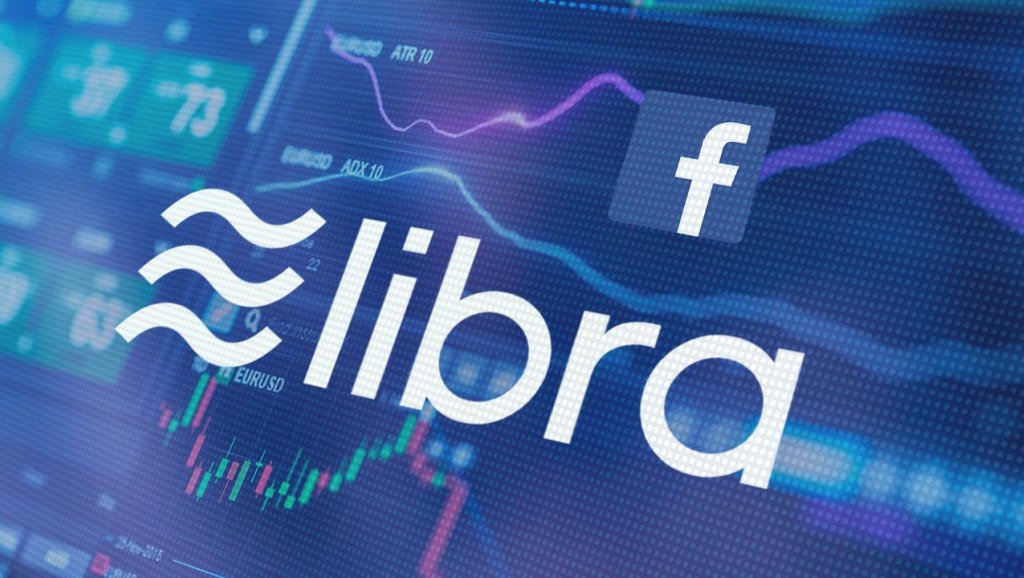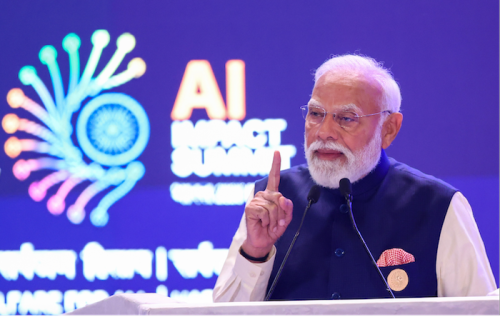Facebook just announced a new cryptocurrency, the Libra Coin. In May, Facebook registered Libra Networks LLC in Geneva. The Libra White Paper has finally been released. This launch is a big event, but so much about it remains unsettled. This week’s MIT Technology Review gives us a brief review of the high-profile Libra coin.

The Libra coin runs on the Libra blockchain. The vision is to realize the promise of “the internet of money”, a unified financial ecosystem enabling “a simple global currency and financial infrastructure that empowers billions of people”, including many that are left out of today’s financial system.
Sound familiar? Is it just like another cryptocurrency, like Bitcoin. Not really. Unlike Bitcoin, the Libra coin is a stable coin “fully backed with a basket of bank deposits and treasuries from high-quality central banks,” according to the white paper. The Libra blockchain is a permissioned network, governed by the Libra Association with “validator nodes” operated by 28 firms who have invested heavily in the project.
So it is not really fully democratic and decentralized, is it? No worry. Eventually it will be. “Our ambition is for Libra network to become permissionless,” according to Libra’s technical description. “The challenge is that as of today we do not believe that there is a proven solution … through a permissionless network.” We will see.
Facebook chose not to use proof of work. It wants Libra coin to eventually use proof of stake: the more stake (investment in the coin), the more power to decide consensus. Intuitively, by being heavy investors, the validator nodes are locked into their stake and stand to lose it if they misbehave. But the transition from proof of work to proof of stake and from permissioned to permissionless as the model for the blockchain will take time. Think Ethereum, which has been struggling to reach this end. If Facebook can be the first to realize this, the impact will be great.
But, the biggest question is, why Facebook? According to Facebook, the $10 million buy-in will not get the validating firms access to transaction data. And so, what is the incentive for entities to join as validating nodes? The answer remains unclear.
With billions of people on earth are using Facebook and we can project that at least hundreds of millions of people would be using Libra coin. Although we remain to be in a wait and see state, the AI World Society supports this project. This will strengthen a society where people will increasingly trust decentralized forms of governance.










